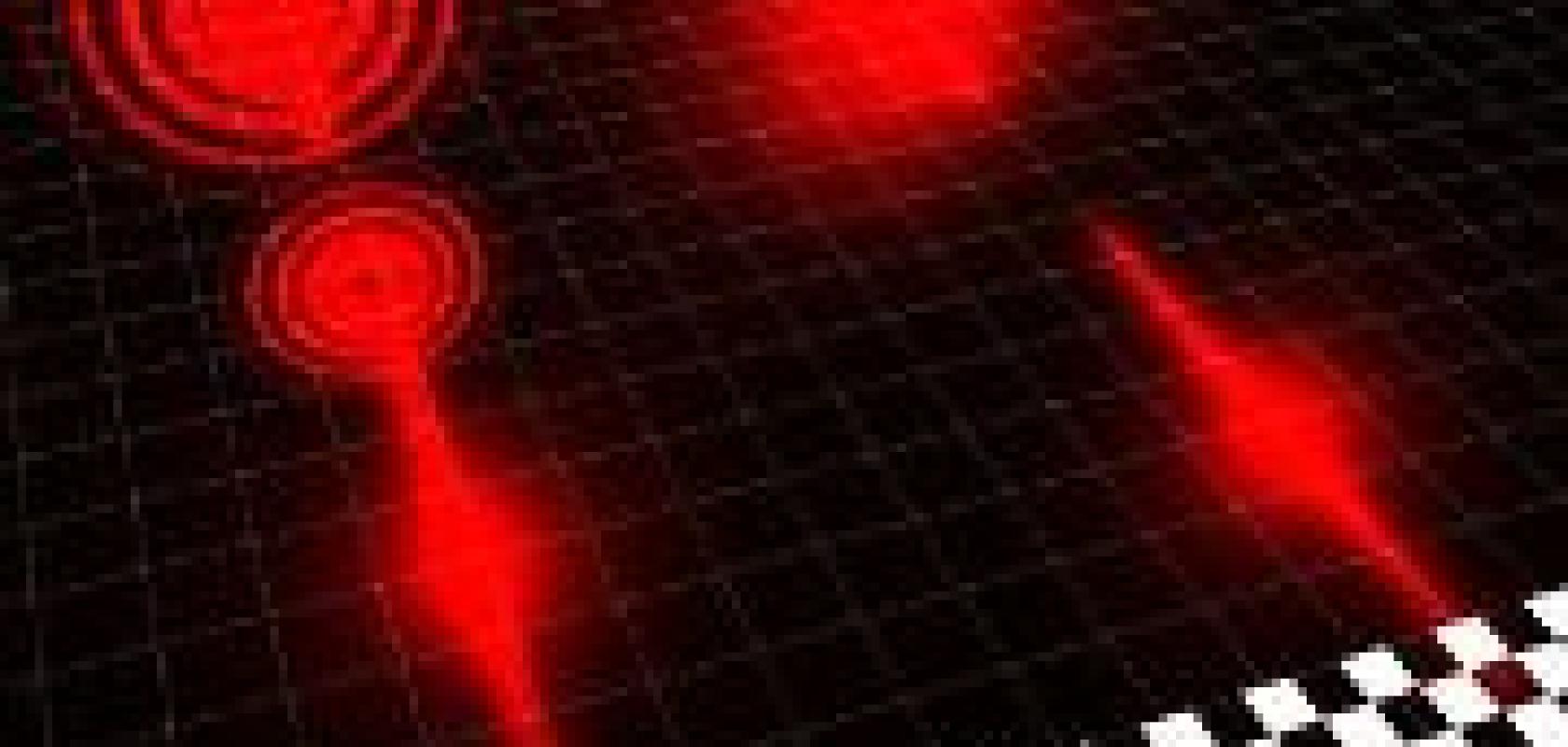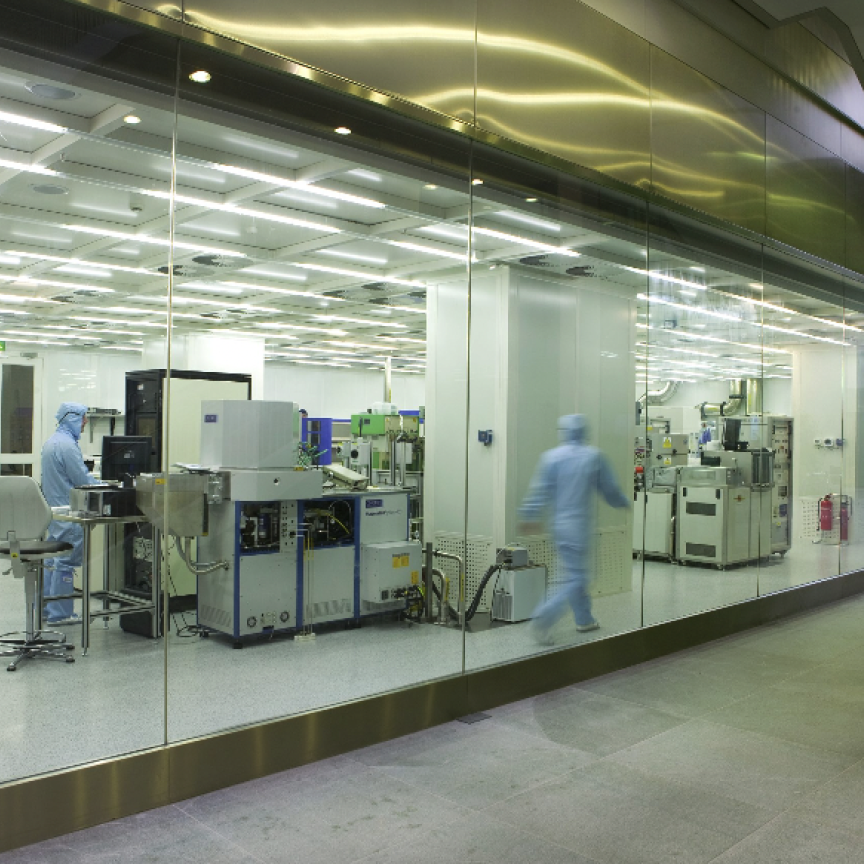A team of scientists have managed what was previously thought to be impossible; to slow photons in free space without impedance from materials such as water or glass. In a paper published today in Science Express, the team from the University of Glasgow and Heriot-Watt University in Scotland describe how applying a mask to an optical beam causes photons to change their structure, reducing their speed.
The team’s experiment was configured like a time trial race, with two photons released simultaneously across identical distances towards a defined finish line. The researchers found that one photon reached the finish line as predicted, but the structured photon which had been reshaped by the mask arrived later. Over a distance of one metre, the team measured a slowing of up to 20 wavelengths; many times greater than the measurement precision.
The work demonstrated that, after passing the light beam through a mask, photons move more slowly through space.
Crucially, this is very different to the slowing effect of passing light through a medium such as glass or water, where the light is only slowed during the time it is passing through the material – it returns to the speed of light after it comes out the other side. The effect of passing the light through the mask is to limit the top speed at which the photons can travel.
‘We’ve achieved this slowing effect with some subtle but widely-known optical principles. This finding shows unambiguously that the propagation of light can be slowed below the commonly accepted figure of 299,792,458 metres per second, even when travelling in air or vacuum,’ Co-lead author Jacquiline Romero said.
‘Although we measure the effect for a single photon, it applies to bright light beams too. The effect is biggest when the lenses used to create the beam are large and when the distance over which the light is focused is small, meaning the effect only applies at short range,’ she continued.
Professor Miles Padgett, from the University of Glasgow’s Optics Group added: ‘The results give us a new way to think about the properties of light and we’re keen to continue exploring the potential of this discovery in future applications. We expect that the effect will be applicable to any wave theory, so a similar slowing could well be created in sound waves, for example.’
Related links


